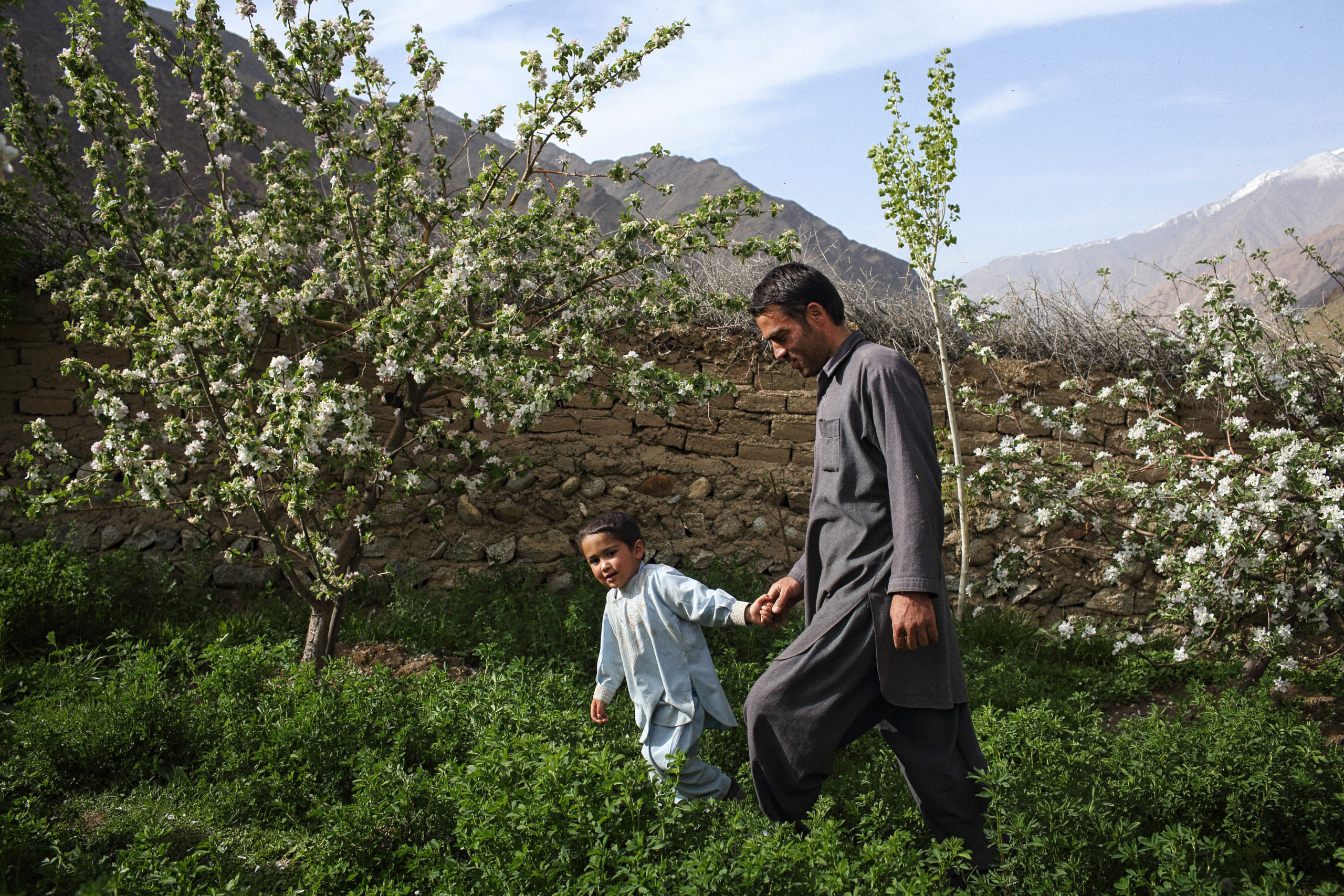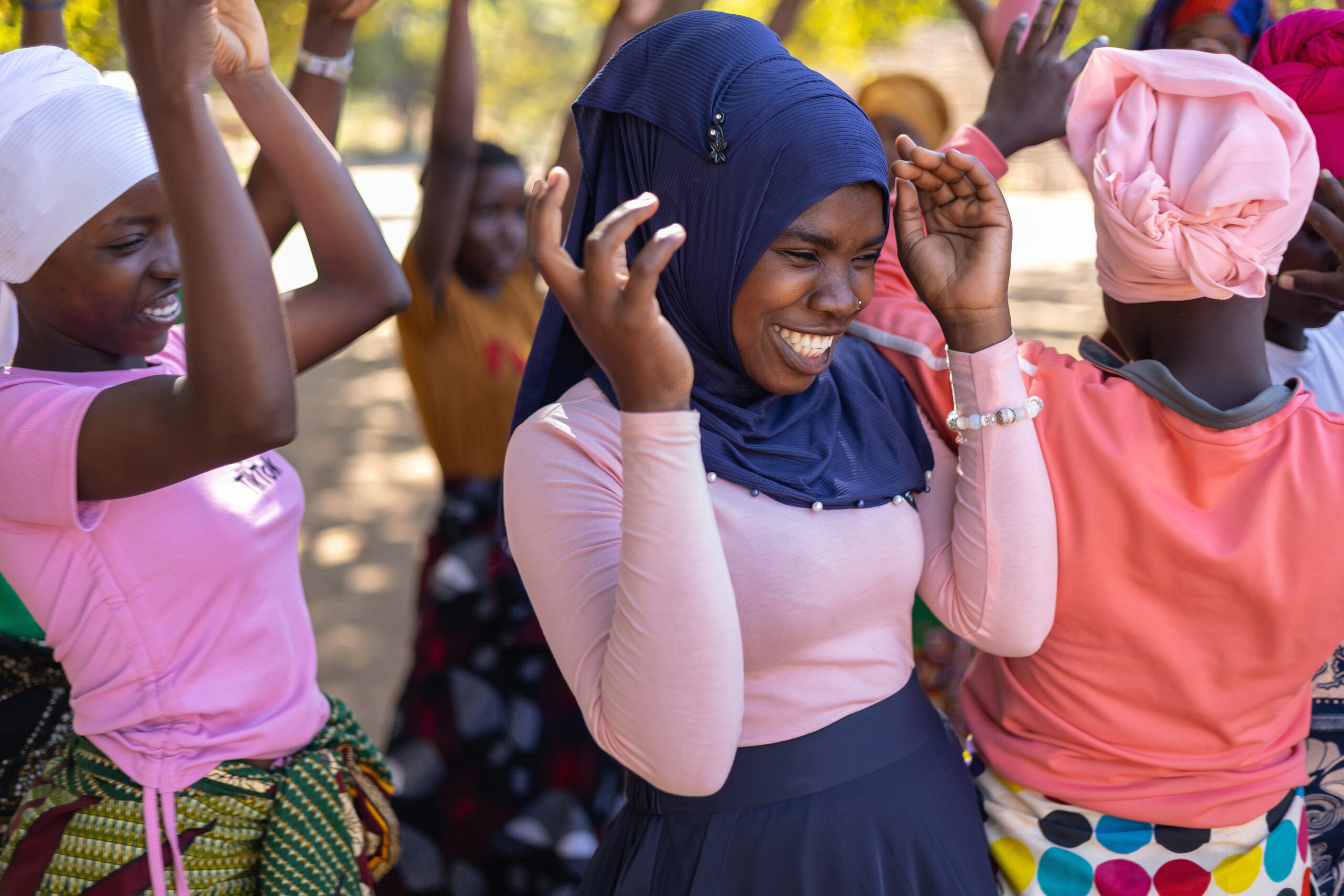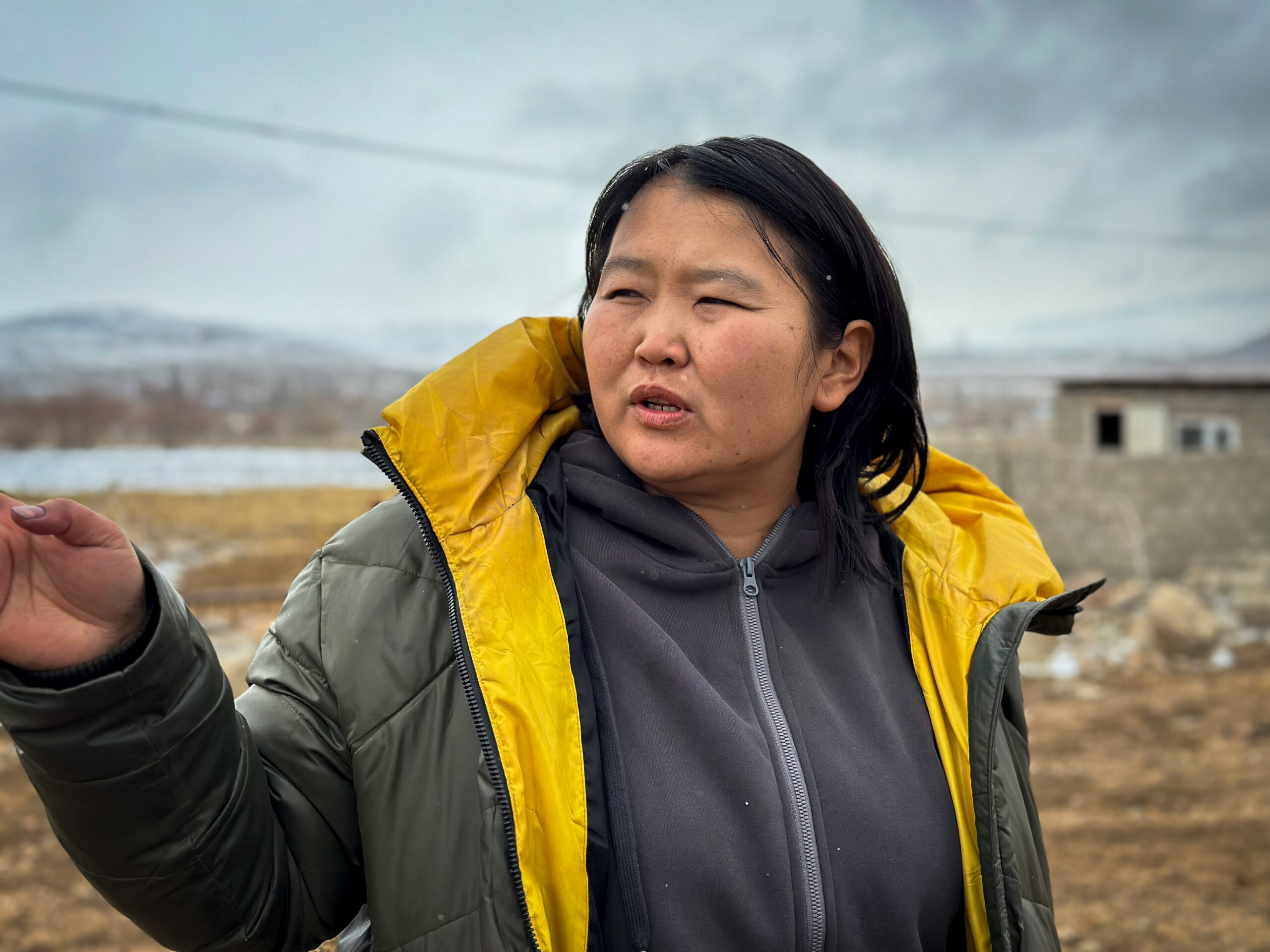By drawing on longstanding partnerships with international donors, the Aga Khan Foundation has redoubled its efforts to support the people of Afghanistan by establishing several new programmes focused on delivering humanitarian aid, bolstering healthcare and education, and rebuilding local livelihoods.
Afghanistan is currently facing the world’s most critical humanitarian crisis. Within the next few months, 97% of the country is expected to live in poverty, with most living on less than $2 a day. The World Health Organisation predicts that a million Afghan children are at risk of starvation this winter alone – more than the entire number of casualties over two decades of war. At this extremely challenging time, Afghanistan needs international solidarity.
AKF has worked in Afghanistan since 2003, building upon the existing presence of the wider Aga Khan Development Network (AKDN) which began working in the country in 1996 to support food aid distribution during the civil war. 25 years on, new challenges have emerged, yet AKF continues to support remote and vulnerable communities. In recent weeks, AKF has signed new humanitarian grants with the following partners to help alleviate the suffering of millions of Afghans.
Swiss Agency for Development and Cooperation
AKF has signed two new grants with the Swiss Agency for Development Cooperation (SDC) to provide critical support the Afghan people.
The first of these will improve food security for more than 9,500 households in Afghanistan’s northern and central provinces. Over the next 4 years, AKF will work with smallholder farmers and women-headed households to boost production, sustainably manage natural resources and build resilience to natural disasters. Tailored food security and livelihood plans will be developed at the household-level and similar plans will be made at the community-level to support the development of public infrastructure, watershed management, and improving access to finance.
The second grant will go towards food security and emergency livelihoods, with a dedicated focus on safeguarding, and will help meet the urgent needs of more than 3.5 million people.
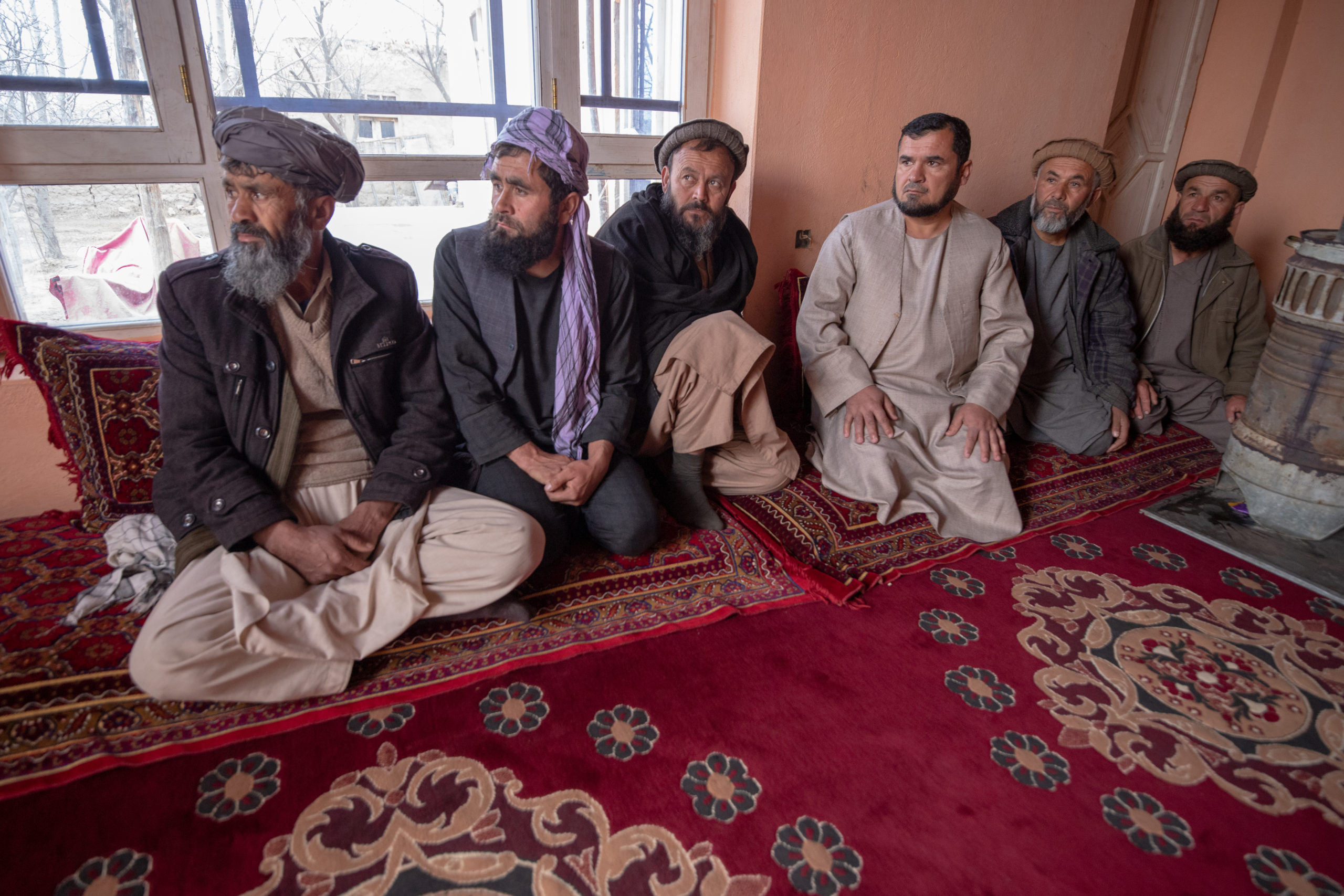
German Federal Foreign Office
With support from the German Federal Foreign Office (GFFO), AKF is working to improve access to life-saving health, nutrition & psychological services for more than 360,000 people across six provinces in the north and central parts of Afghanistan (Badakhshan, Takhar, Baghlan, Samangan, Bamyan and Daikundi). This programme will also provide support to the French Medical Institute for Mothers and Children (FMIC) in Kabul.
The programme will have an emphasis on reducing maternal, new-born and child mortality, reducing the spread of infectious disease including COVID-19, and improving child health and nutrition.
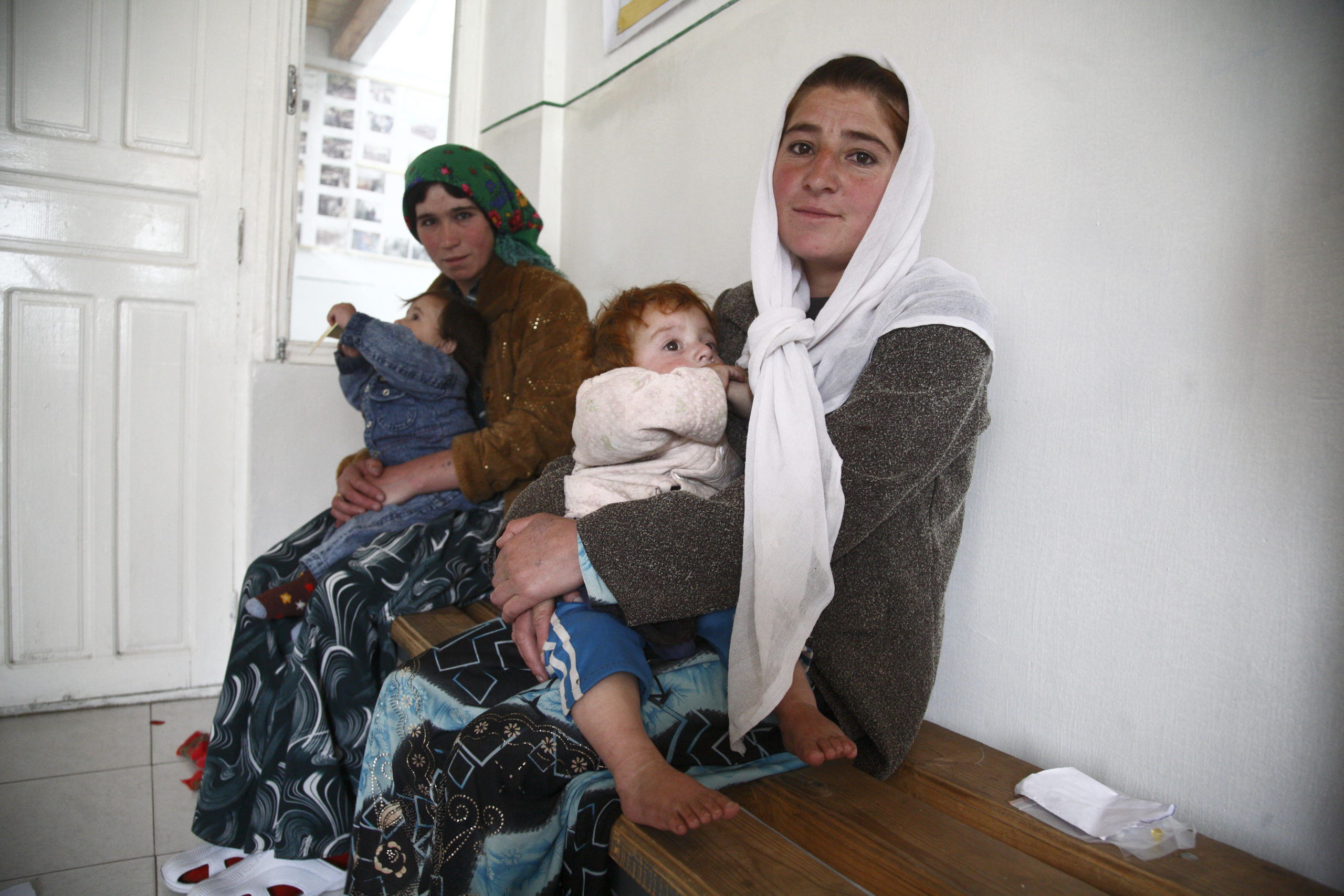
The Grand Duchy of Luxembourg, via PATRIP Foundation
Afghanistan’s health system has fallen under immense strain in recent months. In response, AKF will provide mobile emergency health and nutrition services at the community-level in Badakhshan, Takhar and Baghlan provinces, with the objective of improving access to vulnerable populations in these hard-to-reach locations.
This grant will support six mobile community health teams to reach nearly 50,000 vulnerable people, including pregnant and new mothers, children, Internally Displaced Persons (IDPs), people with disabilities, prisoners, and nomadic communities.

Hilton Foundation
Through this humanitarian response programme, AKF will reach more than 3 million people across eight of Afghanistan’s central highland provinces with emergency relief support, food assistance, medicine, and health services.
The partnership will invest in community-led interventions that will strengthen the resilience of local people and support the restoration of livelihoods. For example, we are hiring local people to support the urgent services being delivered.
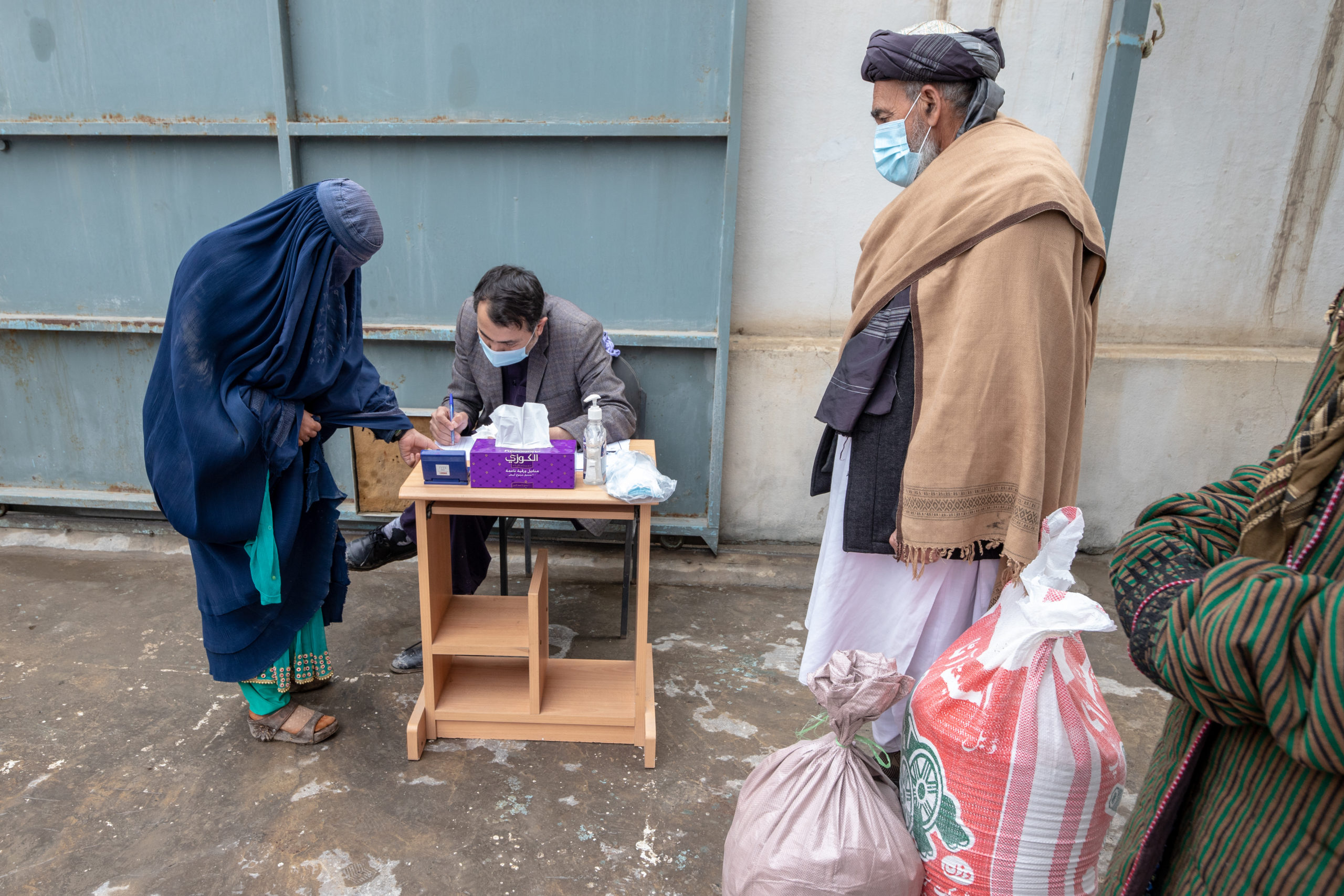
Hilfswerk International
Some areas of Afghanistan experience freezing temperatures during the winter months, particularly in the more remote mountainous regions. To improve the resilience of communities most affected by these extreme weather conditions, AKF has signed a grant with Hilfswerk International to provide winter bedding and floor insulation to households that need it in Wakhan, northern Afghanistan.
The programme is also delivering emergency food assistance to vulnerable households in the region.

Through all of these programmes, AKF is working to build the resilience of vulnerable Afghan communities so that they are better equipped to respond to the evolving nature of this crisis. AKF is firmly committed to the people of Afghanistan and will continue to nurture partnerships in order to provide effective, sustainable and locally relevant support.
AKF is in the process of signing additional grants as part of our humanitarian response in Afghanistan; we look forward to sharing more details in due course.
With thanks to all of the donors mentioned for their generous support of AKF’s work in Afghanistan.


